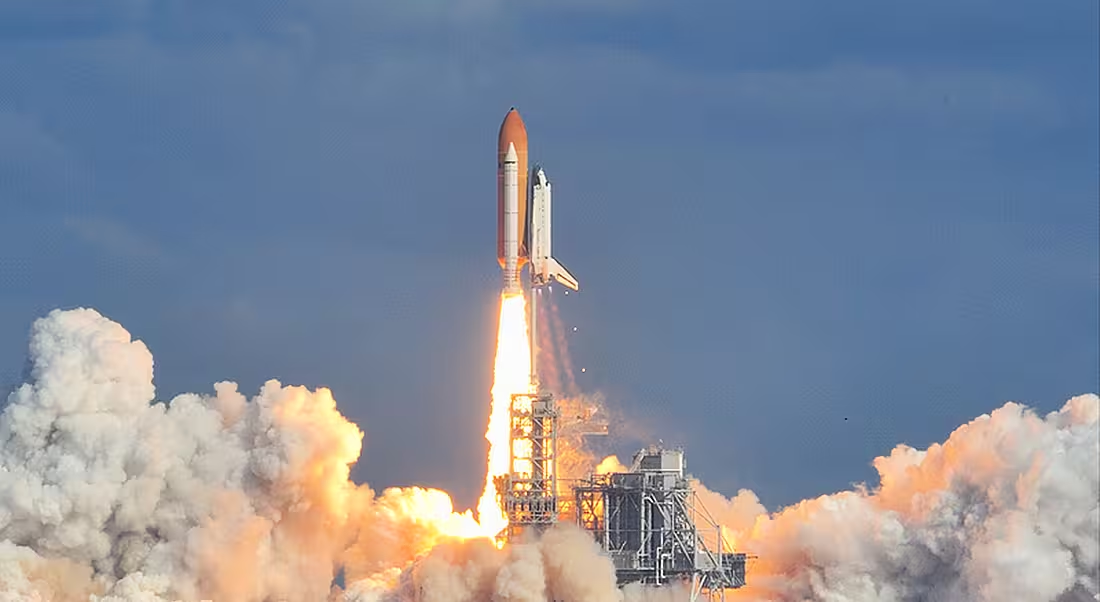The European Space Agency (ESA) has forged a partnership with the Irish Research Council (IRC) to host up to 10 Irish science and engineering graduates at its centres across Europe.
The partnership was revealed today (21 June) during a visit by the director-general of the ESA Jan Woerner to Dublin.
Earlier today it was revealed that the Tyndall National Institute and the European Space Agency are to establish a Space Business Incubator in Ireland that will support 25 space-related Irish start-ups by 2020.
The Minister for Jobs, Enterprise and Innovation, Mary Mitchell O’Connor TD, said that the Irish space industry will provide 1,000 extra jobs in the country by 2020 as revenues soar to €135m in the industry.
‘Space exploration is one of the most thrilling and attractive sectors for science and engineering graduates’
– DR EUCHARIA MEEHAN, IRISH RESEARCH COUNCIL
In a separate development, over the next five years, the ESA will host up to 10 Irish trainees in its centres across Europe, providing opportunities to work on projects covering topics such as human spaceflight, the launch and operation of uncrewed exploration missions to other planets and the moon, Earth observation, science and telecommunication, and designing launch vehicles.
“This is a hugely exciting opportunity for science and engineering graduates,” said Dr Eucharia Meehan, director of the IRC.
“The European Space Agency has responsibility for drawing up and implementing the European space programme. Its work is focused on finding out more about Earth, its immediate space environment, our solar system and the universe. It also develops satellite-based technologies and services, promotes European industries, and works closely with space organisations outside Europe.
“Space exploration is one of the most thrilling and attractive sectors for science and engineering graduates. We are delighted to be embarking on this partnership, which will allow Irish graduates in these sectors to get involved in cutting-edge space research projects on the international stage.”
Stratospheric career options
Holders of postgraduate qualifications in science and engineering will be able to apply for a place on the prestigious training programme through a competitive process to be run annually by the IRC.
Successful applicants will receive a stipend from the IRC to cover living and accommodation costs for the duration of the traineeship.
All trainees will be assigned an ESA tutor to support, supervise and guide them throughout their traineeship.
“This agreement will provide opportunities for young men and women from the Irish R&D community to come to ESA sites around Europe and collaborate on exciting space projects and innovative technology developments with our experienced, top-class staff,” the ESA’s Woerner said.
“We look forward to welcoming Irish trainees over the coming years.”
Rocket launch image via Shutterstock




